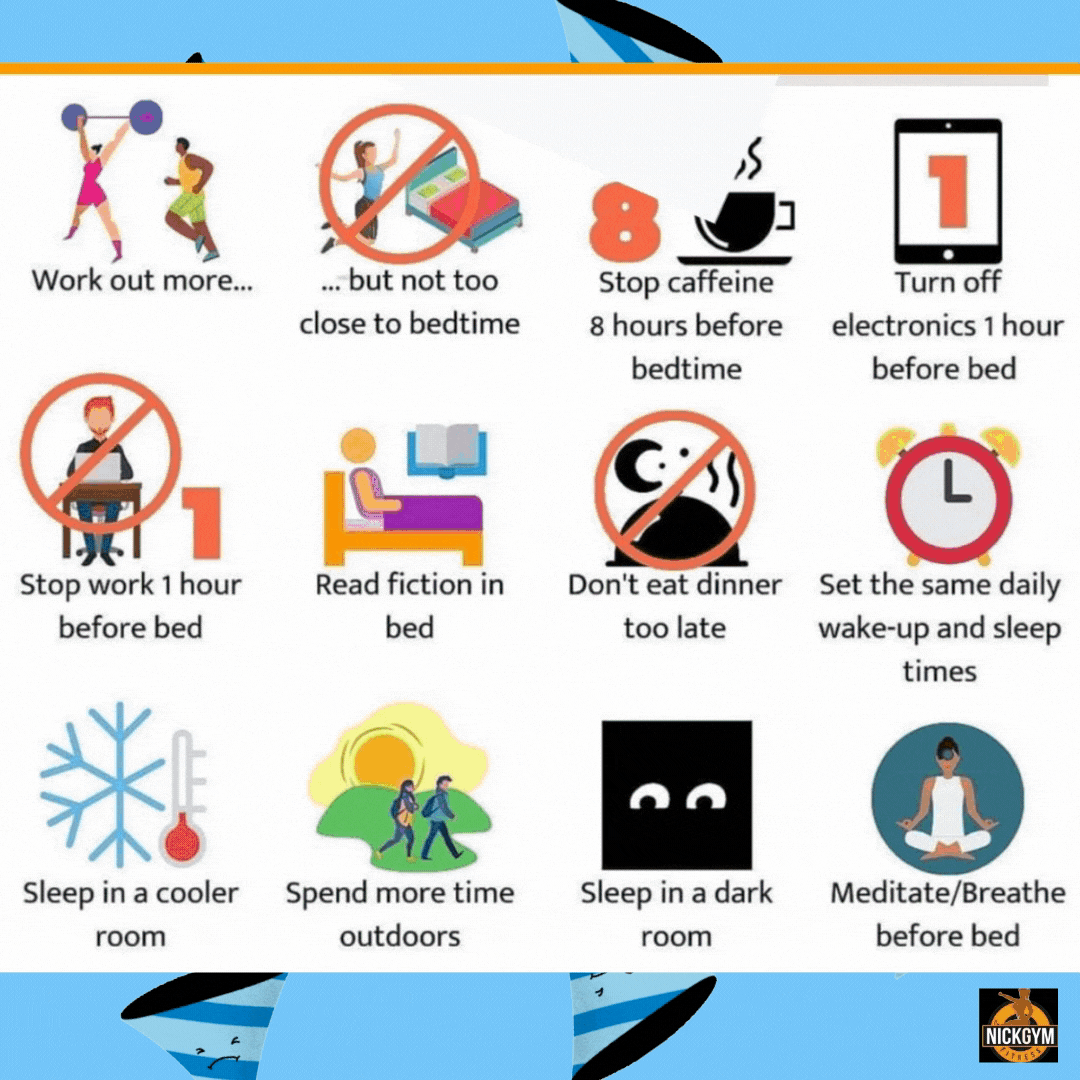Every year, 3rd week of Friday is celebrated as World Sleep Day with the theme to highlight the importance of the Right Sleep. This year World Sleep Day shall be celebrated on 19th March 2021.
Sleep makes you feel better, but its importance goes way beyond just boosting your mood or banishing under-eye circles. Adequate sleep is a key part of a healthy lifestyle and can benefit your heart, weight, mind, and more.
Get a good night’s sleep before getting out the easel and paintbrushes or the pen and paper. In addition to consolidating memories, or making them stronger, your brain appears to reorganize and restructure them, which may result in more creativity as well. Researchers at Harvard University and Boston College found that people seem to strengthen the emotional components of a memory during sleep, which may help spur the creative process.
During the day
1. Do more physical activity.
Staying active helps in getting restful sleep. Once cleared by a health care provider, try to get 150 minutes of moderate exercise each week. A physical therapist can help you find the right exercises for your needs and abilities.
2. Increase your exposure to light.
The lack of Vitamin D is linked to a higher risk of sleep disorders. Consider increasing your exposure to light during the day.
3. Avoid long napping.
As an adult, if you take naps, keep them to 20 minutes or less.
4. Don’t smoke.
If you are a smoker, stop smoking two to three hours before going to sleep.
5. Limit alcohol.
If you drink alcohol, do so sparingly.
6. Create a relaxing bedtime routine.
This may include dimming the lights, avoiding the use of technology, and reducing noises. Using meditation or soft relaxing sounds can help prepare you for sleep. Keep in mind some medications may change how well you sleep. Talk to your doctor or pharmacist about timing your medications to promote a balance of sleep and wakefulness.
Read a printed book and keep your electronic devices away
Reading from light-emitting electronic devices, such as phones and tablets can disturb your sleep rhythm. The effects include falling asleep later, a decrease in the quality of sleep, feeling sleepier in the morning, and a lower rate of alertness after waking.
Avoid caffeine late in the day
Caffeine can significantly lower your body’s ability to fall asleep. Caffeine can last in your body for up to 10 hours after consumption, some people storing higher concentrations than others. Every individual's body is different—while some may get less or light sleep with even little traces of caffeine, others may not be affected by large concentrations.
Exercise during the day
Some research has found that exercising anytime during the day can help promote a good night’s sleep, and others observed that exercising an hour and a half before bedtime was associated with better sleep outcomes.2 A process of trial and error may help you figure out the best time to exercise.
New Research on Sleep
Emerging evidence suggests a connection between premature cell aging and poor sleep. Studies have shown that telomeres are the caps at the end of each strand of DNA protecting chromosomes; short telomere length is associated with premature cellular aging and generally associated with increased cancer risk. Interestingly, individuals with obstructive sleep apnea also have shorter telomere lengths (Huang et al. 2018) suggesting that sleep apnea is another factor causing premature cell aging.
Who created World Sleep Day?
There is no undermining the importance of sleep. The body needs rest just as it needs exercise, fresh air, good food, love, companionship, etc.
Sleep deprivation causes illnesses of various kinds. Therefore, this annual awareness event was started by a group of dedicated healthcare providers and members of the medical community working and studying in the area of sleep medicine and research.
The goal of the first World Sleep Day was to bring together sleep healthcare providers to discuss and distribute sleep information around the world. The first co-chairs of World Sleep Day were Liborio Parrino, MD, Associate Professor of Neurology at Parma University, Italy, and Antonio Culebras, MD, Professor of Neurology, Upstate Medical University, and Consultant, The Sleep Center, Community General Hospital, Syracuse, New York, USA.








0 Comments
Please do not enter any spam link in the comment box.